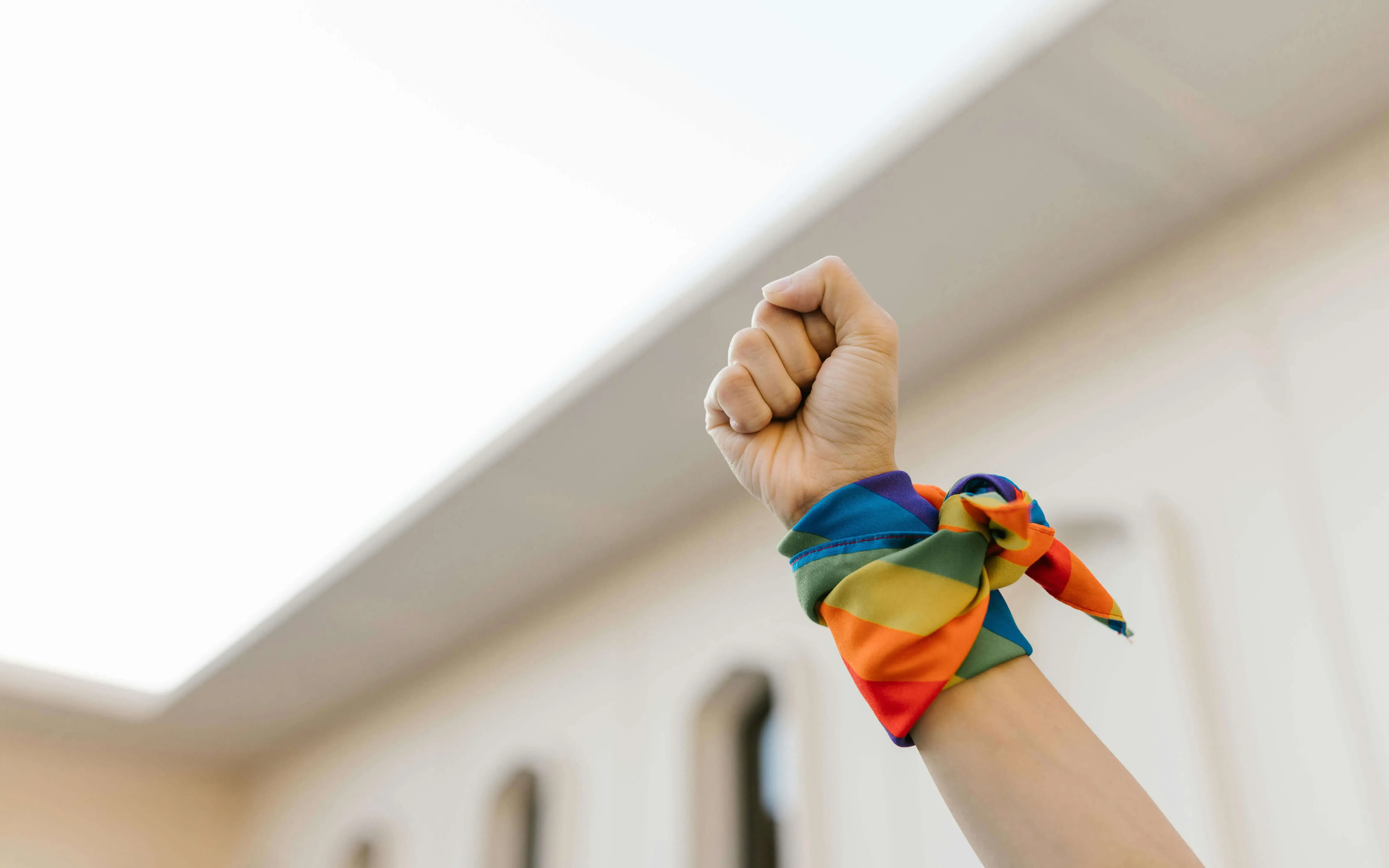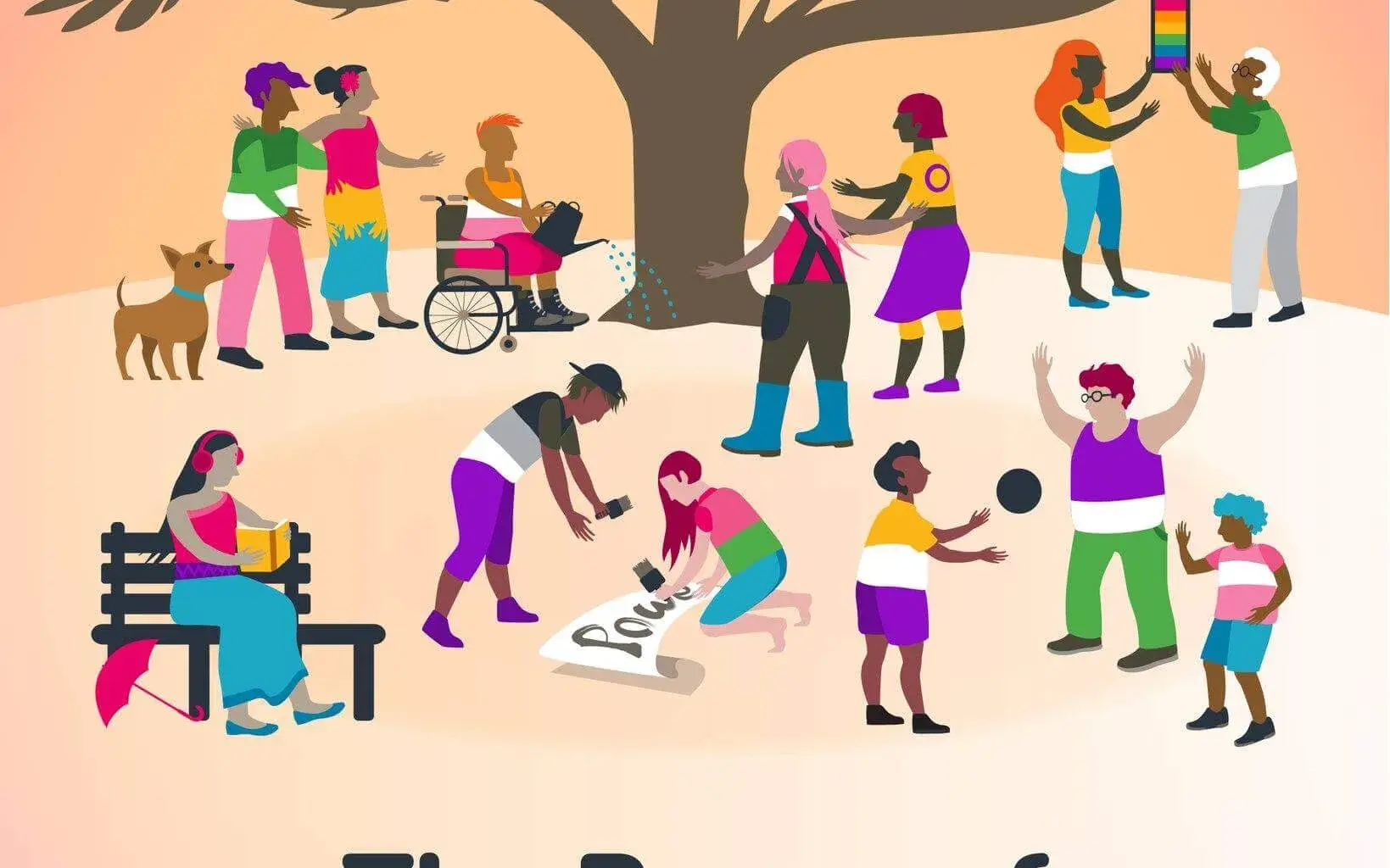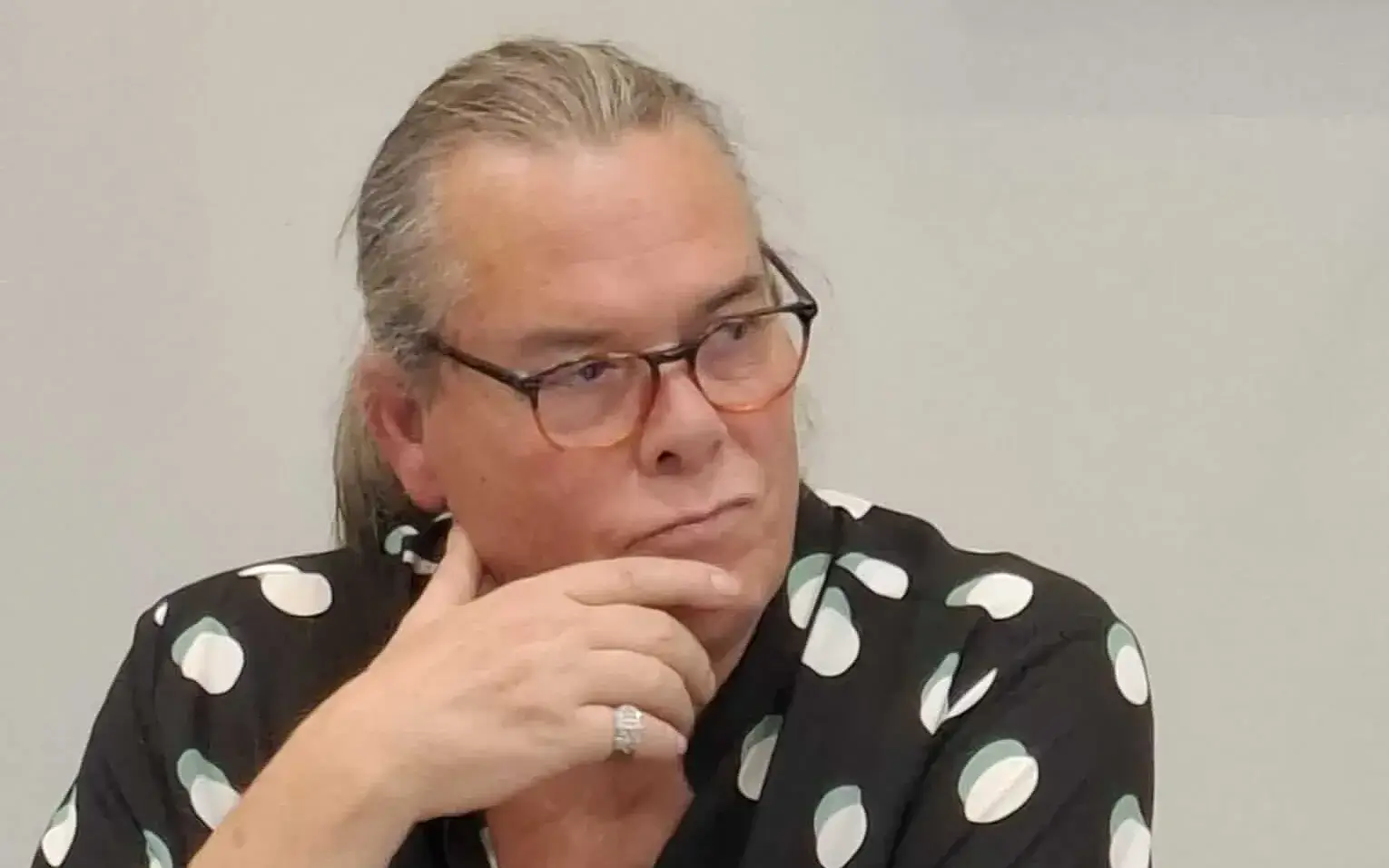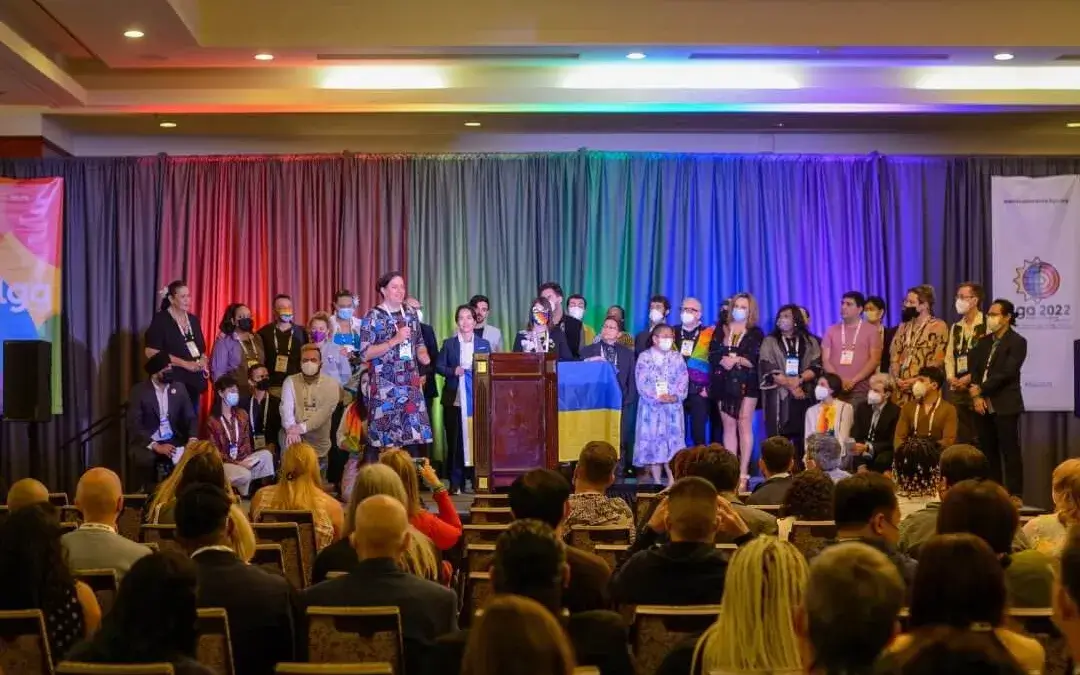Belgium is the first European country to appoint a trans minister, an important step for this collective in a difficult moment for the violation of their rights, especially during the months of the pandemic.
Belgian Petra De Sutter is the first trans woman to hold a post as Vice-Minister. Until now she was a Member of the European Parliament with the Flemish Green Party. This appointment is of international importance.
On 30 September, ILGA, the International Lesbian, Gay, Bisexual, Trans and Intersex Association, presented a legal map on the rights of trans people in 143 States. This map brings together the global impact on this collective: 13 UN Member States criminalize trans people explicitly in their legislation. Zhan Chiam, the coordinator and one of the authors of this report, highlights that a wide range of norms is used to persecute these people in many more countries”. These countries are: Brunei, The Gambia, Indonesia, Jordan, Kuwait, Lebanon, Malawi, Malaysia, Nigeria, Oman, South Sudan, Tonga and the United Arab Emirates. In Iran, the Islamic Criminal Code, even if it is less specific, also has a highly negative impact on trans people.
The many violent aggressions that trans people are experiencing globally confirm this statement. These aggressions come with social and political regressions in different spheres. On the one hand, conservative organizations denounce what they refer to as the 'gender ideology' in a clear attempt to exclude from legislation the progress made for women and LGBTI rights; on the other hand, the TERF, Trans-Exclusionary Radical Feminists, who consider that trans people lack any experience beyond their biological sex and that, therefore, they cannot be placed at the same level as women.
In both these cases, the rights of trans people are questioned and the positive visibility of people like De Sutter is considered good news. However, and despite the progress made, there are very few trans people who are able to break down real barriers. It is estimated that around 80% of trans people are unemployed and, in a very evident way, they all face problems accessing the professional world.
Diana Zurco, the co-newscaster on the Argentine national television, is another example. Since last March, she became the first trans newscaster in a space that, until now, had no presence of transgender people. It is also the case that both in Belgium and in Argentina, violence against LGBTI people has a social presence. In Belgium, a group that goes by the name of “Criminal Justice” persecutes LGBTI people and attacks them, going as far as recording videos that they then post on social media. In Argentina, violence against LGBTI people, especially against trans people, is important. In 2019, 12 murders of transgender people were recorded.
Despite this violence and discrimination against trans people, the progress achieved is evident. Currently, the legal recognition of gender is a reality in 96 countries around the world, and 9 do so with no abusive considerations, as can be seen on the ILGA map.







Add new comment